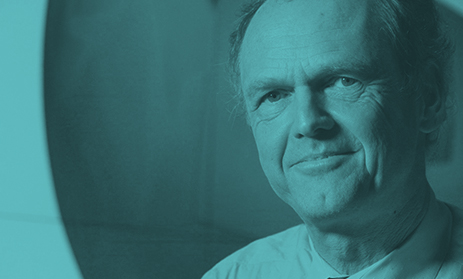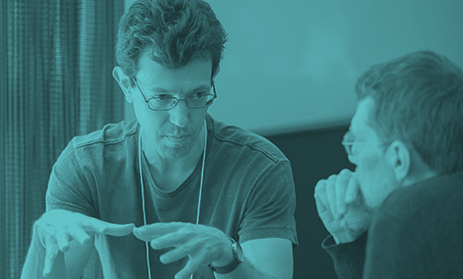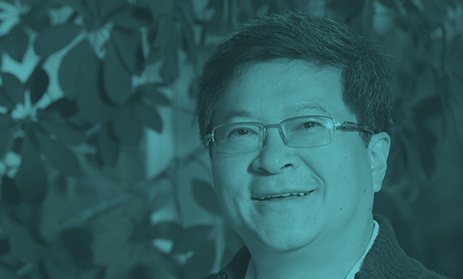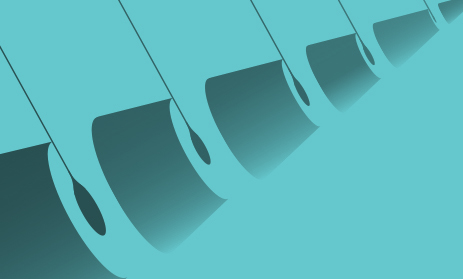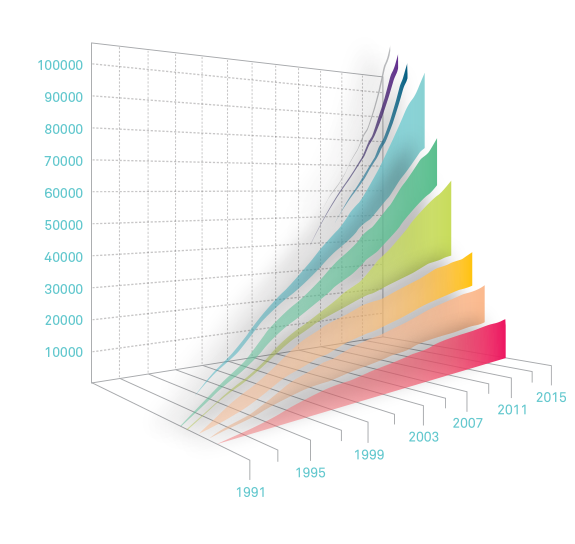
- finance
- biology
- statistics
- computer science
- physics, including general relativity, nonlinear science and others
- mathematics
- high energy physics
- condensed matter physics
- astrophysics
Illustration:
Since the site was launched in 1991, submissions of scholarly articles each year have risen steadily in some fields, such as astrophysics, and sharply in others, such as mathematics and computer science.
Adapted from arXiv.org
If you want to read Grigori Perelman's proof of the Poincaré conjecture, arguably the most important mathematical result of the 21st century so far, you won't find it in a book or an academic journal. The iconoclastic mathematician, who famously turned down a Fields medal and a million-dollar prize for his work, published his articles only on the preprint server arXiv, where anyone with an Internet connection can download and read them.
This democratization of access to research is one of the reasons Paul Ginsparg, then a physicist at Los Alamos National Laboratory, started arXiv in the early 1990s. But there was a practical need for it as well. At the time, researchers often shared new results with each other by sending physical copies of preprints to colleagues who might be interested. Creating a centralized system for distributing these papers both sped up the process for researchers and opened up access to the information to graduate students and other less-connected researchers. "That's why arXiv has been very successful," says Oya Rieger, a librarian at Cornell University and program director of arXiv. "Not just because it is an open-access model that levels the field, which is extremely important, but also because it dovetailed very well with the ethos, the norms and the needs of the scientific community."
What began as an electronic bulletin board for about 300 people in a subfield of high energy physics now gets hundreds of thousands of downloads a day from researchers in many areas of physics, math and computer science. In its nearly 25-year history, arXiv has become indispensable to researchers in the fields that use it. "No community that has ever adopted it has relinquished it," Ginsparg says. "In the fields where it was established, it really became the primary source of information for the community."
ArXiv also provides a home for scientific work that might not be published otherwise. Survey articles that summarize the history of a field or student notes about an important theorem wouldn't normally make it into an academic journal, but they can be useful for people learning about a new topic. ArXiv also hosts some offbeat articles. In November, right before the release of the film Star Wars: The Force Awakens, a paper titled "It's a Trap: Emperor Palpatine's Poison Pill" analyzed the economics of the Star Wars universe. (The takeaway: Unless the Rebel Alliance has a cache of funds somewhere, "it is likely the Galactic economy would enter an economic depression of astronomical proportions," the authors wrote.)
Peer review is an important part of the scientific process, one that arXiv does not provide. Most researchers still submit their papers to journals in their fields, and peer-reviewed research has a stamp of approval arXiv papers do not. But arXiv allows immediate dissemination of new research at no direct cost to the researchers themselves or to readers, leading to an increased agility in fields that use it. For example, CERN released new Large Hadron Collider data on December 15, 2015. By the beginning of January 2016, there were nearly 150 arXiv papers analyzing and interpreting the data. In fields such as physics and mathematics, where it can be a year or more between submission of a paper and its publication in a traditional journal, the immediacy of arXiv publication is a boon to scientific progress. It allows the research community to act "as a collective organism," Ginsparg says. "All of these articles cite the preceding ones — in some cases written a day earlier."
Even without peer review, arXiv has managed not to become a repository for bogus proofs of the Riemann hypothesis or cold fusion. A few sneak through the cracks every once in a while, but arXiv's overall quality remains impressive. Its high standards are due in large part to volunteer moderators for every research area who read through at least the abstracts of all new submissions to weed out illegitimate work. The moderators don't seek to provide peer review, just to check that the papers submitted are plausible as contributions to the field and to ensure that papers are not miscategorized. Recently, some research communities have shown interest in "arXiv overlay journals": Peer review takes place under the auspices of a journal, but the paper lives on arXiv.
When Ginsparg moved to Cornell University in 2001, arXiv traveled with him there, and eventually the Cornell University Library took over the project. It was an unusual arrangement. "Ordinarily, library services are meant to benefit patrons on-site," says Ginsparg. "But arXiv is a unique system in which the vast majority of the benefit is conveyed to the exterior." For about 10 years, Cornell managed and funded arXiv, but that was not sustainable.
"Five years ago, we announced that Cornell University Library could not single-handedly fund this operation and that we would be creating a collaborative model," says Rieger. There are now approximately 190 member institutions that each pay a small membership fee, matched by the Simons Foundation, to support arXiv. The membership program brings in funds, but, more importantly, says Rieger, it precipitated the creation of a member advisory board so arXiv can better understand the needs of its users around the globe.
With the growth of arXiv and recent changes to its organizational model, the arXiv team is eager to find out from users where they would like arXiv to go in the future. Under consideration are changes to quality control methods, new subject categories and even ways to tie arXiv more closely to the peer review process. "Our goal is for 2016, arXiv's 25th anniversary, to be a year of exploration for us," says Rieger. "We will look to arXiv's past and future to decide where to go."



